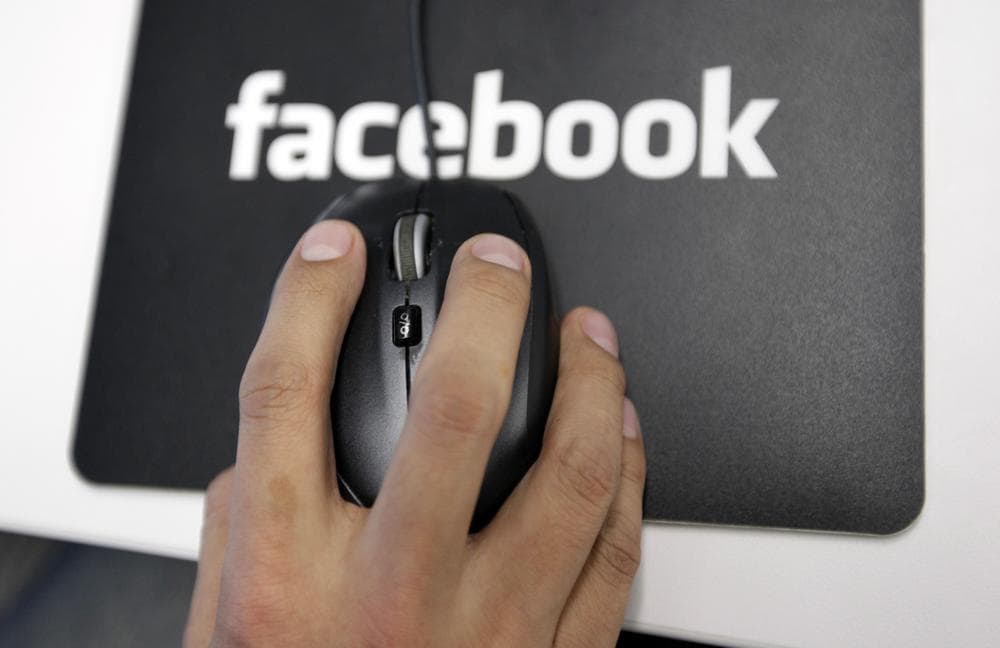Advertisement
Facebook's Suicide Prevention Tool Raises Privacy Concerns
Resume
The mother and sister of a Staten Island teen who recently committed suicide are taking to the site to express anger at the bullies they blame for pushing 15-year-old Amanda Cummings over the edge in December.
Facebook is also where Cummings apparently had been hinting at her problems and depression.
Should Facebook have intervened?
Facebook says it is trying to help users who may be feeling suicidal. The site has a new tool aimed at getting those considering suicide help.
“The new service enables Facebook users to report a suicidal comment they see posted by a friend to Facebook using either the Report Suicidal Content link or the report links found throughout the site,” wrote U.S. Surgeon General Dr. Regina Benjamin in a post on Facebook’s Safety Blog.
Privacy Concerns
But some are concerned that Facebook users privacy may be compromised.
Psychologist John Grohol says Facebook's service is an important service, but he has concerns. "It's a well-intentioned effort, [but] it needs to be refined," he told Here & Now's Robin Young.
Grohol says that most people who signed up for Facebook did not sign up for Facebook with the expectation that it was a health mental service.
He writes Facebook "is suddenly your very own paternalistic health buddy." He continues:
In the world of mental health, even the fact that you’re seeing a mental health provider is considered privileged health information... By sending a well-intended email to the user’s private email account, Facebook is exposing your email account to personal health information that I doubt most Facebook users ever imagined Facebook would be providing. In this case, the personal health information is that you are someone who may be depressed, suicidal and in crisis. In most cases, the assumptions that Facebook and Lifeline have made about a person’s email are probably accurate — that a person’s email is private. But in some small minority of cases, that may not be the case. The email address may be shared, or it may be monitored by a concerned parent (or by a nosy spouse or partner).
- TPM: Facebook Explains 'Report Suicide Content' Tool
- PsychCentral: National Suicide Prevention Lifeline Teams Up With Facebook
- National Suicide Prevention Lifeline: 1-800-273-8255
Guest:
- John Grohol, a psychologist and expert on online mental health services, also founder of perspectives: a mental health magazine and founder of pscyhcentral.com
This segment aired on January 12, 2012.